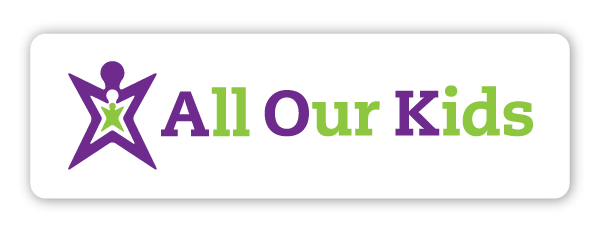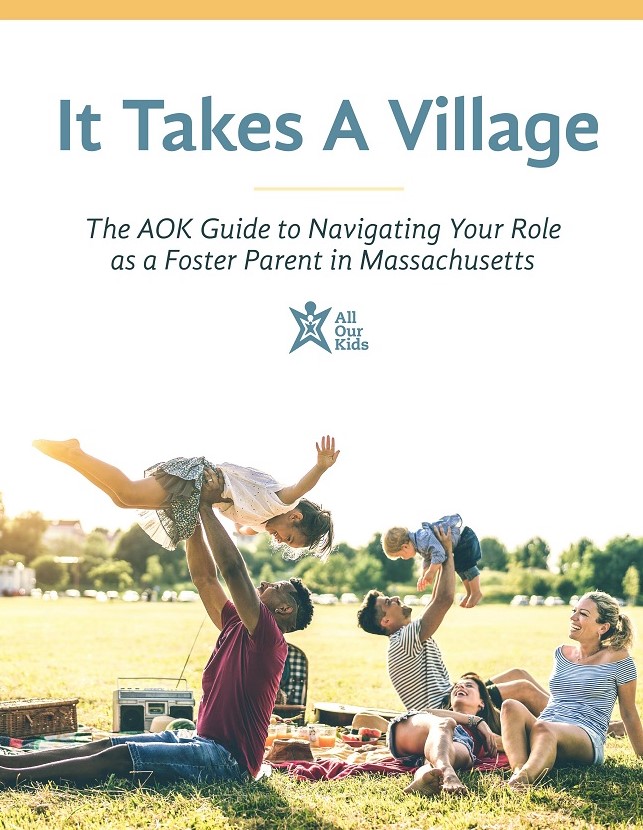What Are All These DCF Meetings?
DCF’s practices and policies with regard to foster care can be complicated and idiosyncratic. These practices are not always standardized and can vary from office to office, or even social worker to social worker.
However, there are a series of typical milestones that form the backbone of how a case moves through the foster care system. Although there is always some variation from case to case, here we present the typical schedule and tell you what to expect at each step. We present this in a pretty linear and straightforward way, and sometimes it does feel that way. However, things can change relatively quickly in a child’s foster care placement, sometimes without much notice, which can be very jarring for foster parents. Also, it is important to highlight how intricately tied this process is with the juvenile court system.
The 72-Hour Hearing
This is the initial custody determination to be made right after a child is removed from their parents’ custody. In theory, it’s to be held within three days, hence the name. After this hearing, a judge will rule either that the children in question need to be returned to their parents’ custody immediately, or that the children can remain in foster care. You can read lots more about what to expect from the court process here.
6-Week Placement Review
This meeting occurs approximately six weeks after a child enters foster care, or returns to foster care after being with their birth family for at least 6 months. The meeting includes the entire team working with the child and birth family. In this meeting, the team will review currently known information about the child and family, the current foster care placement, and the child’s needs. DCF will ask you to provide your observations of the child. In many (though not all) cases, foster parents are asked to complete a formal Observation Log, starting within three days after the child is placed in your home (DCF will provide this if necessary). Unlike foster care reviews (described below), 6-week placement review meetings are not as consistently held across the state.
Foster Care Review
This meeting is held every six months, while a child is in care. Depending on how many individuals are involved in a case, the meeting can be quite large. Birth parents (birth mother and her children’s father(s)), children over 14, foster parents, all relevant social workers, and a 3-member review team all participate in the meeting. Parents’ and children’s attorneys are also invited to participate, but do not consistently attend.
During the meeting, the team will review the birth parents’ progress toward reunification with their children, how children’s needs are being met in foster care, and the degree to which all parties (birth parents, DCF, foster parents) are meeting their respective responsibilities. The review committee (typically comprised of a foster care reviewer, a supervisor who is not affiliated with the case, and a trained community volunteer) will make recommendations about any changes that need to be made to the trajectory of the case. Importantly, an outcome of a foster care review is just that – a recommendation. The foster care review committee has no authority in and of itself and cannot mandate any particular outcome. Typically, the committee will recommend whether or not the child’s goal should change (to adoption from reunification, to reunification from adoption, or perhaps to kinship care if that is an option).
Foster parents are expected to attend, or provide a summary of the child’s needs and progress if they aren’t able to attend. However, we strongly recommend that you make every effort to attend every foster care review. Of all the inner workings of the foster care system, this is the only consistent opportunity for foster parents to hear the same information everyone else hears, at the same time that everyone else hears it. It has been our experience that information can be either intentionally or unintentionally withheld. At a foster care review meeting, however, foster parents are privy to any and all information discussed and this information will be able to tell you more about the status of the case than just about any other interaction you will have with DCF. Additionally, it’s crucially important that the review committee has a clear picture of your foster child’s needs and experiences, and foster parents are uniquely qualified to be able to provide that information. Again, we can’t recommend more strongly that you make every effort to attend and participate in the foster care reviews.
Permanency Planning Conference (PPC)
If the foster care review committee makes a recommendation that is different from what is currently happening in the case (e.g., a goal change, typically), this triggers an internal meeting within DCF. Called a “permanency planning conference” (“PPC” for short), the DCF team will review the case with the DCF legal department, discuss the recommendations, and potentially change the child’s goal. Foster parents are not part of this meeting and sometimes don’t even know it has happened. In practice, a PPC typically follows the recommendation of the foster care review committee, but such is not always the case. PPC’s can also occur outside of the timeline of a foster care review recommendation.The number of PPC’s in any single case depends on the length and trajectory of the case. In straightforward cases, a PPC will never occur (because a child has a reunification goal and is reunified), or will only occur once (when the FCR recommends a goal change). However, in lengthier or more complicated cases, multiple PPC’s can occur over time, resulting in various goal changes and reversals. Additionally, multiple children in the same family can have different goals, which further complicates the situation.
Want to learn more about navigating your role as a foster parent in Massachusetts?
It Takes a Village is the first and only comprehensive guidebook available. Order your copy today!

